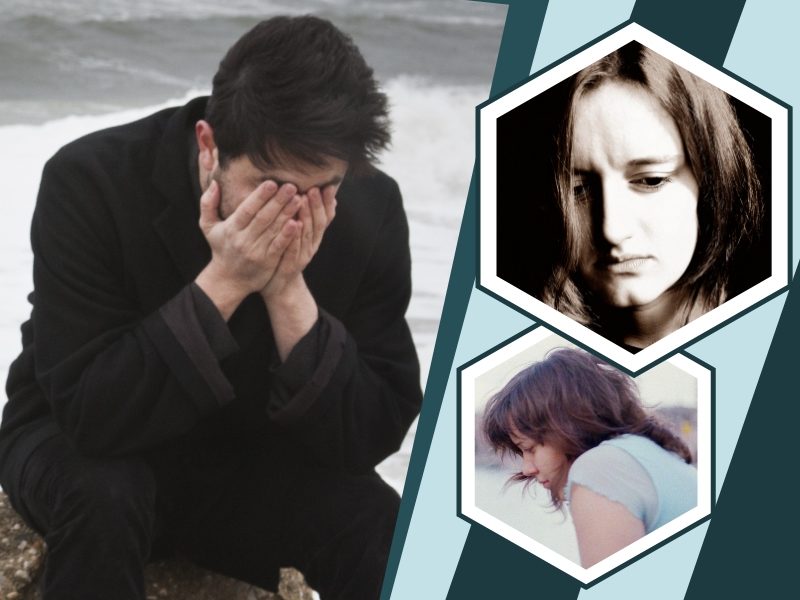What Is An Acute Manic Episode?

An acute manic episode is the phase of bipolar I disorder. During acute mania, an individual may experience increased impulsivity that causes them to act in a way that is brash, untimely, or immoral. People with acute mania will also likely have increased energy, get little to no sleep and talk very fast, and often jump from topic to topic. They may experience some symptoms of psychosis, where they are not fully aware of or connected to reality.
Possible Causes of an Acute Manic Episode
The most common cause is bipolar disorder. Those with bipolar disorder be subject to experience cycles of mania and depression over several weeks or months. In several cases, those with bipolar disorder don’t have any predictable mania triggers which makes the onset of manic episodes unpredictable.
In addition to bipolar disorder, acute mania may also be caused by drugs or medications, especially stimulants. Certain other medical conditions, especially thyroid conditions or mental health diseases, may also cause episodes.
Acute Manic Episode Risk Factors
The most significant risk factors for the manic episode are the risk factors for bipolar disorder, which commonly causes mania. These include having close relatives with bipolar disorder or having a history of substance abuse. Other risk factors of mania include using drugs recreationally or failing to treat underlying mental health conditions that may cause mania. Drug-induced mania is quite rare but is still something that may be experienced.

How Is Acute Manic Episode Diagnosed?
A psychiatrist can evaluate a patient for mania by asking questions and discussing symptoms. Direct observations can indicate that a patient is having a manic episode.
The episode must occur for a week or less than a week if the patient is hospitalized. In addition to a disturbed mood, patients must experience at least three of the following symptoms:
- Being easily distracted.
- Engages in risky or impulsive behavior
- Has racing thoughts.
- Has a reduced need for sleep
- Has obsessive thoughts
An acute manic episode disrupts a person’s life and negatively affects relationships, as well as work or school. Many manic episodes need hospitalization to stabilize the mood of the patient and prevent self-harm. In some instances, hallucinations or delusions are part of manic episodes. For the person’s state to be considered a manic episode, symptoms must not be the result of outside influences, such as abuse of drugs or alcohol.
Treatment for Acute Manic Episode
Usually, acute mania treatment is part of a broader bipolar disorder treatment. The first focus is usually placed on the more short-term mania recovery so that the person suffering from the manic episode can resume normal activities.
Mania management may involve hospitalization and therapy with a psychiatrist. While this may be the typical course of treatment for many people, each person’s situation is unique, and someone with specific questions should seek the advice of a doctor.
Medication usually used:



